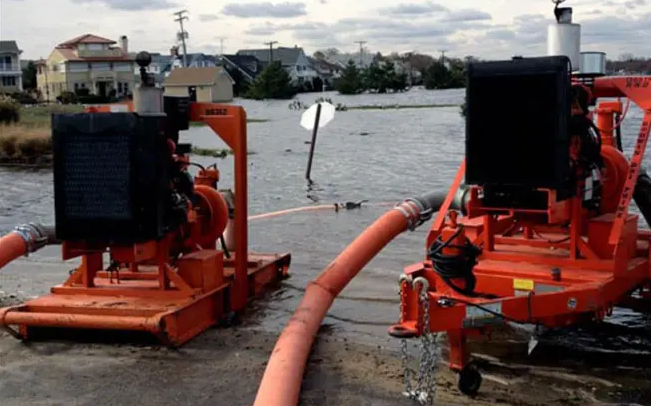The critical role of water treatment in the Australian mining industry is an essential topic, considering the industry’s extensive use of water and its impact on the environment. In this article, we will explore why mining water treatment is vital in operations and how it contributes to sustainable practices.
Water Usage in Mining
Mining operations in Australia require significant amounts of water for various processes such as mineral processing, dust suppression, and slurry transport. The type of mining operation dictates the quantity and quality of water needed. For instance, hard rock mining typically uses more water than coal mining. In addition, water plays a crucial role in cooling equipment and ensuring the safety of mine workers.
Environmental Impact and Regulations
The mining industry in Australi is often scrutinised for its environmental impact, particularly regarding water pollution. Untreated water from mines can contain harmful substances like heavy metals, acid mine drainage, and chemical by-products, which can severely affect local water bodies and ecosystems. To mitigate these impacts, strict environmental regulations have been implemented in many countries, mandating the treatment of mine water before discharge.
Water Treatment Techniques in Mining
The mining industry in Australia employs various water treatment methods to meet environmental standards and reuse water efficiently. These techniques include:
- Sedimentation: This process involves settling out suspended solids from mine water.
- Filtration: Filters remove particulates from water, making it suitable for reuse in the mining process.
- Chemical Treatment: Adding chemicals can neutralise harmful substances like acids or heavy metals in the water.
- Biological Treatment: Using microorganisms to break down organic compounds in mine water can be an effective treatment method.
- Reverse Osmosis and Desalination: These advanced techniques are used to remove dissolved salts and minerals, particularly in areas where water scarcity is an issue.
Benefits of Effective Water Treatment
Implementing effective water treatment in the Australian mining industry has several benefits:
- Environmental Protection: Proper treatment reduces the risk of water pollution and protects local ecosystems.
- Regulatory Compliance: It ensures that mining companies comply with environmental regulations, avoiding fines and legal issues.
- Water Reuse: Treated water can be reused in the mining process, reducing the need for fresh water and conserving resources.
- Community Relations: Demonstrating a commitment to environmental protection can improve relations with local communities and stakeholders.
Challenges in Water Treatment
Despite its importance, water treatment in Australian mining faces several challenges:
- High Costs: Setting up and maintaining water treatment facilities can be expensive.
- Technological Limitations: Some contaminants are difficult to remove, requiring advanced and costly technology.
- Water Scarcity: In arid regions, the availability of water for mining operations can be a significant issue.
- Changing Regulations: Keeping up with evolving environmental regulations can be challenging for mining companies.
Future of Water Treatment in Mining
The future of water treatment in mining looks towards more sustainable and efficient practices. Advancements in technology are making water treatment more effective and less costly. There is also a growing emphasis on reducing water usage and recycling treated water in mining operations. Innovative techniques, like using artificial intelligence to optimise water treatment processes, are also being explored.
Summing up, mining water treatment in Australia plays a critical role in the industry. It is essential for environmental protection, regulatory compliance, and efficient use of resources. While challenges exist, ongoing advancements and a focus on sustainability are helping to address these issues, ensuring that the mining industry can continue to operate responsibly concerning water use and treatment.

